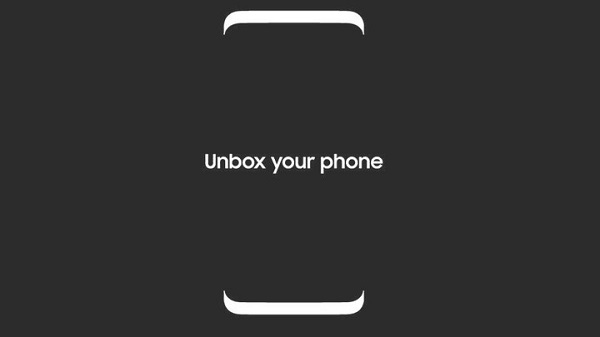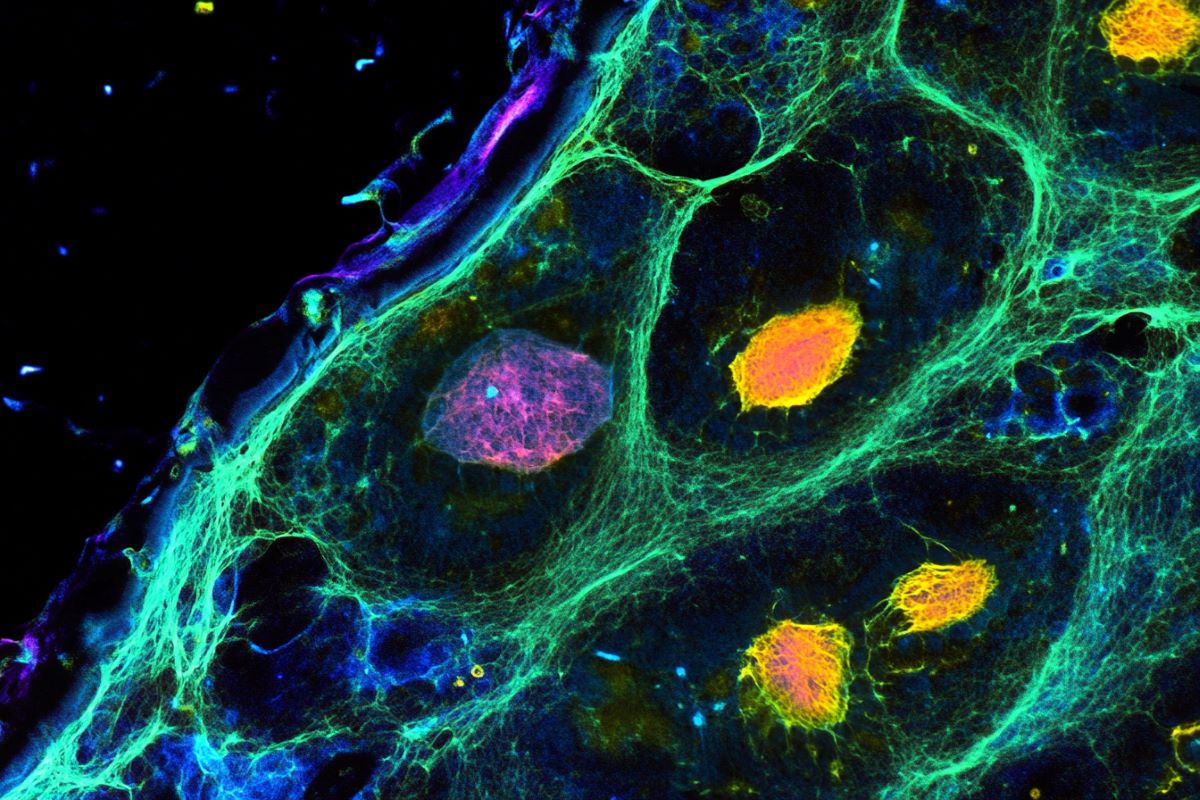Summary: A study reveals how brain cell interactions influence aging, showing that rare cell types either accelerate or slow brain aging. Neural stem cells provide a rejuvenating effect on neighboring cells, while T cells drive aging through inflammation. Researchers used advanced AI tools and a spatial single-cell atlas to map cellular interactions across the lifespan

Blog: Samsung talks up Bixby, but will it deliver? – Mobile World Live
The world will be watching Samsung next week when the company unveils its first major phone since the crisis-ridden Galaxy Note 7, which was embarrassingly recalled over its battery’s tendency to explode.
Samsung’s Galaxy S8 flagship will come to market under a distinct cloud caused by the Note 7, and no doubt the South Korean vendor will hope the new device can reinvigorate the company, both in terms of sales and also its consumer reputation, which is ever more crucial given the cut-throat smartphone market it operates in.
The device is already under a lot of pressure to live up to the hype which typically comes with a new Samsung handset, as it will not only be competing against a new line-up of rival Android-based devices launched at the recent Mobile World Congress – including Huawei’s P10 and LG’s G6 to name a few – but also Apple’s next iPhone, the much anticipated 10th anniversary edition which will launch later this year.
And this time, Samsung is putting more than one egg into its newest flagship’s basket.
Hello Bixby
This week, the company took the wraps off Bixby, its new virtual assistant which will debut on Galaxy S8 and take on the likes of Siri, Google Assistant, and Amazon Alexa in the next big area of consumer technology.
Bixby, like the phone it will be unveiled on, has got a lot riding on it.
Not only does it represent Samsung’s first big commercial artificial intelligence (AI) push in the face of other, seemingly more advanced technology rivals in the field, but the company boldly said Bixby is “at the heart of our software and services evolution as a company”.
The company’s high hopes for the virtual assistant is represented by reports it will have a dedicated button installed on the side of its shiny new phone so that users can easily have a good old chinwag with Bixby.
No pressure then.
Samsung said that Bixby is the result of its ongoing efforts in AI, and will differ from other virtual assistants available on the market today by offering a “deeper experience” to its rivals.
In short, Samsung promises Bixby will be more useful than rivals like Siri and Google Assistant by being linked closer to the apps on your phone.
It is also no doubt leveraging Viv, the AI company Samsung acquired in the back end of 2016, to develop Bixby.
However, its bold claims for the assistant have already been met with scepticism by market watchers, even though Bixby has yet to utter a single word.
A lot is also being made of the fact Bixby is not Samsung’s first attempt at a virtual assistant. S Voice, which launched in 2012, clearly did not meet the grade, so naturally there are some questions this time round.
Cliff Raskind, senior director, smart devices and IoT at Strategy Analytics, told Mobile World Live that Bixby, too, “faces an uphill battle coming out of the gate”, not only because more established rivals like Apple’s Siri and Google Assistant have huge installed bases already while Amazon’s Alexa continues to gain momentum, but also because the companies operating them have better experience and resources in the wider field of AI.
“All three, as well as Cortana, have amassed potentially years of both end user context and AI/deep learning expertise with which to craft compelling experiences. In my view these are the most crucial bases of competition in this space.”
In a related blog, Richard Windsor, the analyst behind Radio Free Mobile, suggested Bixby could even play second fiddle to Google Assistant on the S8 itself, while echoing Raskind in cautioning on what may limit Samsung in AI against rivals.
“Viv was founded in 2012 and has no data from commercial products, while Google has been crunching data for 20 years and has orders of magnitude more data than its nearest rival,” he said. “I think that compared to this highly ambitious billing, Bixby is going to fall very short of the promises that it has made.”
S8 crucial
Raskind, however, offers some hope. He is mindful the name Samsung holds great weight and by integrating Bixby into its next flagship, it may not take long for it to build a sizeable installed base.
“Will this be a master stroke in Samsung’s enduring efforts to build a world class software and ecosystem that can rival the competition? Let’s just say they are certainly the underdog and Bixby will at least be perceived as an S-Voice reboot.”
Both analysts believe Bixby’s success may ultimately lie with the the fact Samsung opened it up to third party developers, and leveraging the company’s wider portfolio of connected devices could prove crucial.
Alongside this, the company also operates its SmartThings offering which supports hundreds of third party devices.
“A massive device-grab is now underway as virtual assistants target platforms in the home, car and on-the-go,” said Raskind. “A lot of the essential ingredients for Bixby to be a success are, in theory, already in place. The secret sauce that has been elusive for Samsung is of course inspiring the software developer community.”
The Galaxy S8 (and Bixby) will be unveiled on 29 March. Mobile World Live will be there, reporting live.
The editorial views expressed in this article are solely those of the author and will not necessarily reflect the views of the GSMA, its Members or Associate Members.



